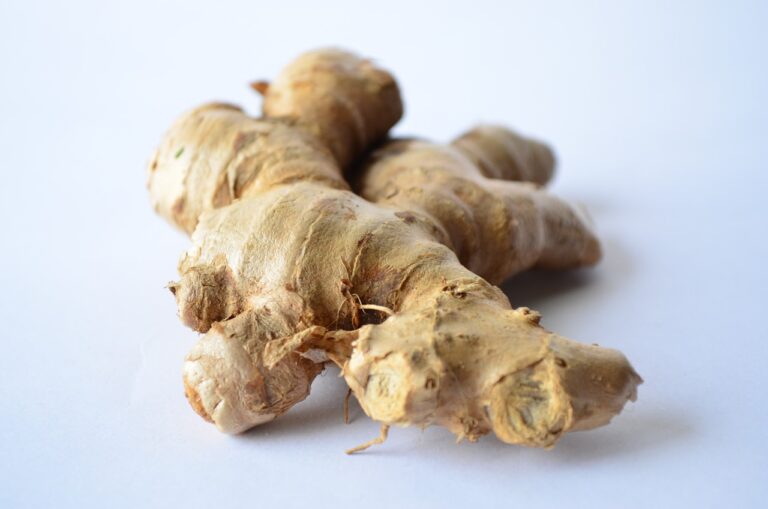Food as Medicine: Exploring Healing Diets and Practices
When it comes to our health and well-being, the food choices we make play a crucial role. Nutrient-dense foods are those that provide a high amount of vitamins, minerals, and other beneficial compounds without excessive calories. These foods are packed with essential nutrients that support our body’s various functions and contribute to overall health. Incorporating nutrient-dense foods into our diet can help us stay energized, maintain a healthy weight, and reduce the risk of chronic diseases.
Fruits, vegetables, whole grains, lean proteins, and healthy fats are examples of foods that are considered to be nutrient-dense. These foods are not only rich in essential nutrients but also offer a range of health benefits. By focusing on consuming a variety of nutrient-dense foods, we can ensure that our bodies are getting the necessary nutrients to function optimally. Making nutrient-dense choices can lead to improved immunity, better digestion, and increased longevity.
Understanding the Role of Inflammation in Disease
Inflammation is a crucial part of the body’s immune response, designed to protect us from harmful invaders and promote healing. However, chronic inflammation can lead to a host of health issues, including autoimmune diseases, heart disease, and cancer. When inflammation persists for an extended period, it can damage healthy tissues and organs, contributing to the development of various chronic conditions.
One significant factor in chronic inflammation is an unhealthy diet high in processed foods, sugars, and unhealthy fats. These dietary choices can trigger the body’s immune response, leading to continuous low-grade inflammation. By contrast, consuming a diet rich in nutrient-dense foods such as fruits, vegetables, whole grains, and lean proteins can help reduce inflammation and support overall health. Making informed food choices is a powerful way to modulate inflammation and reduce the risk of chronic diseases linked to prolonged inflammation.
What is inflammation and how does it relate to disease?
Inflammation is the body’s natural response to injury or infection. Chronic inflammation, however, can contribute to the development of many diseases such as heart disease, diabetes, and cancer.
How can nutrient-dense foods help reduce inflammation in the body?
Nutrient-dense foods, such as fruits, vegetables, and whole grains, contain antioxidants and anti-inflammatory properties that can help reduce inflammation in the body and lower the risk of developing chronic diseases.
Are there specific foods that are known to trigger inflammation in the body?
Yes, certain foods like processed meats, sugary drinks, and refined carbohydrates have been shown to promote inflammation in the body. It’s best to limit the consumption of these foods and opt for nutrient-dense options instead.
Can lifestyle factors such as stress and lack of exercise contribute to inflammation in the body?
Yes, lifestyle factors like stress, lack of exercise, and poor sleep can all contribute to inflammation in the body. Managing stress, staying active, and getting enough rest are important for reducing inflammation and promoting overall health.
How can I incorporate more nutrient-dense foods into my diet to help reduce inflammation?
To incorporate more nutrient-dense foods into your diet, focus on eating a variety of fruits, vegetables, whole grains, nuts, and seeds. Try to limit processed foods and added sugars, and opt for whole, unprocessed foods as much as possible.







